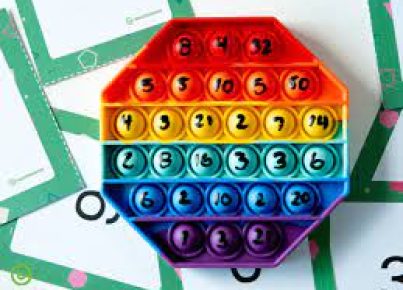In today’s highly competitive academic environment, cheating is unfortunately all too common. While educators and institutions have a responsibility to discourage cheating and punish those caught, it’s disheartening when the blame gets shifted onto the teacher instead.
So, why does this happen? And what can teachers do to protect themselves and maintain ethical teaching environments?
The Pressure to Succeed
One factor driving the increase in cheating is the intense pressure students face to succeed academically. They often view good grades as a ticket to acceptance at a top-tier college, a lucrative career, and ultimately a successful life. This pressure can come from peers or families, pushing students to take shortcuts to achieve their goals.
When a student gets caught cheating, some parents may defend their child’s actions and shift the blame onto the teacher claiming that they didn’t properly prepare their student or used ineffective teaching methods. In this scenario, the teacher suddenly finds themselves on trial instead of focusing on the student’s unethical behavior.
The Role of Educators
Educators have an essential role in preventing cheating. Teachers must create an atmosphere where academic integrity is valued and enforced. This involves setting clear expectations for student behavior, regularly discussing ethical principles and staying vigilant for signs of cheating.
One could argue that managing a classroom effectively will prevent most instances of cheating. Still, when students find ways to break rules despite such efforts, teachers shouldn’t be held responsible for individual choices made by students who blatantly disregard these guidelines.
Protecting Yourself as an Educator
Here are several things you can do if you are an educator accused of being negligent after catching a student cheating:
1. Document Everything: Keep detailed records of each student’s academic performance and behavior throughout the course. In case any allegations arise, you’ll have substantial evidence to back up your version of events.
2. Communicate with Your Administration: Maintain open communication with your administration and make them aware of any suspicious behavior, cheating incidents, and actions you’ve taken to address the issue.
3. Enforce a Strict Academic Integrity Policy: Develop and consistently enforce a clear academic integrity policy in your classroom ensuring all students are aware of the consequences of cheating.
4. Be Proactive in Preventing Cheating: Utilize various assessment methods and tools to detect plagiarism or other forms of cheating.
Conclusion
It’s frustrating when teachers become the scapegoats for their students’ unethical actions. However, educators must rise above these challenges and continue to foster an environment built on learning, critical thinking, and academic integrity.
By implementing effective teaching strategies and enforcing strict academic policies, teachers can protect themselves from unjust accusations while upholding ethical standards within their classrooms. Ultimately, the focus should return to supporting student growth while maintaining an honest educational environment.




